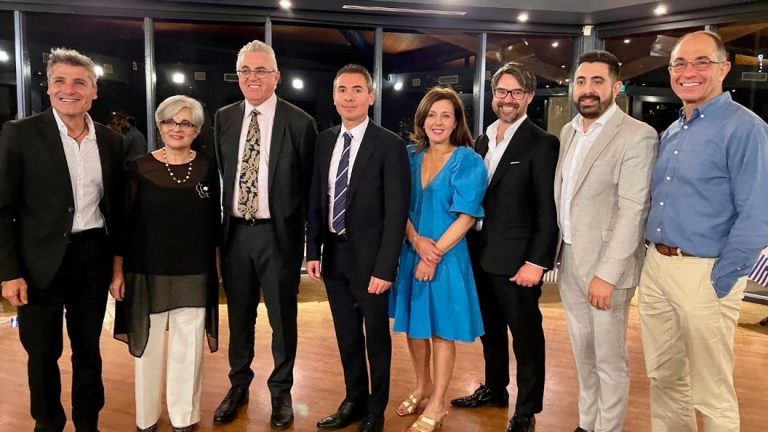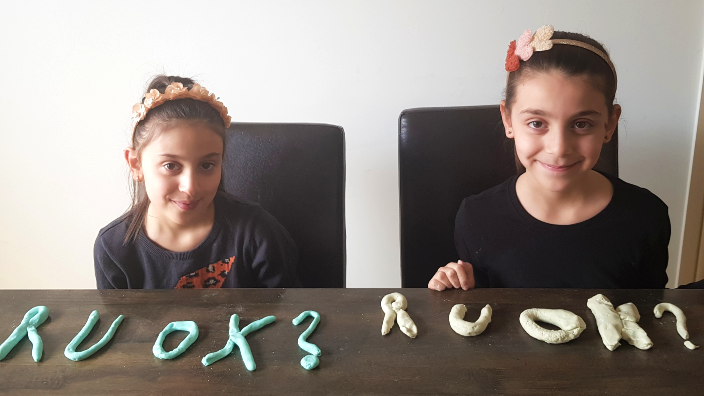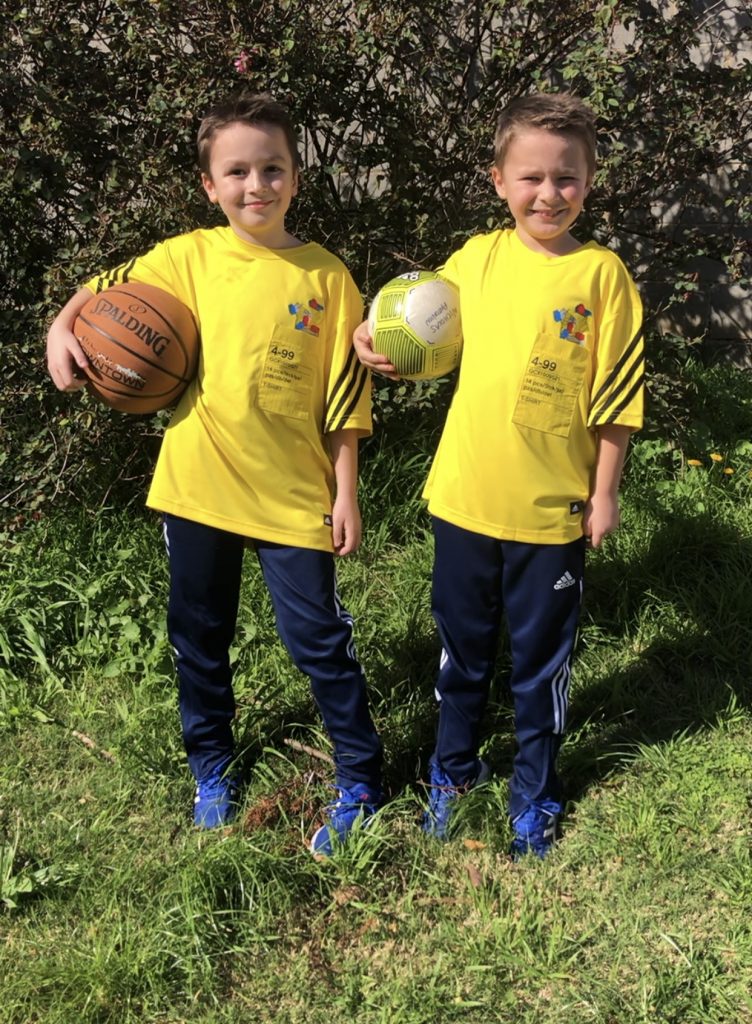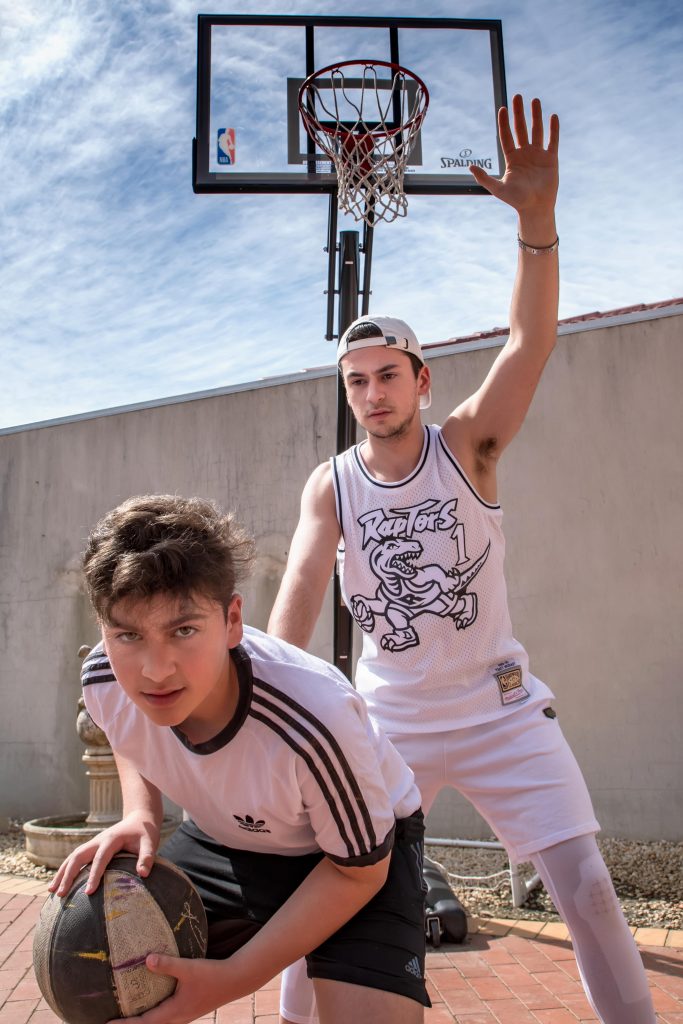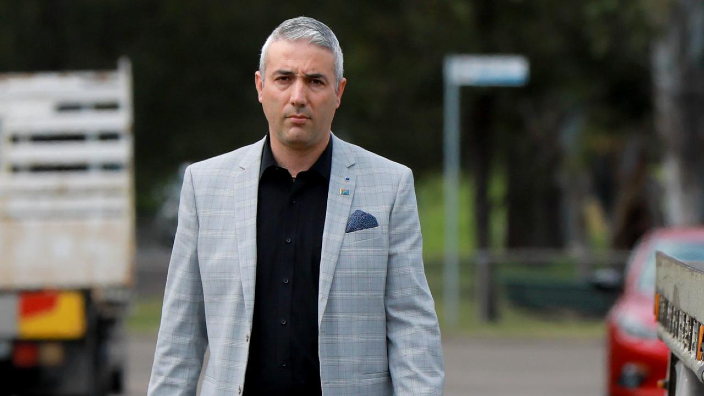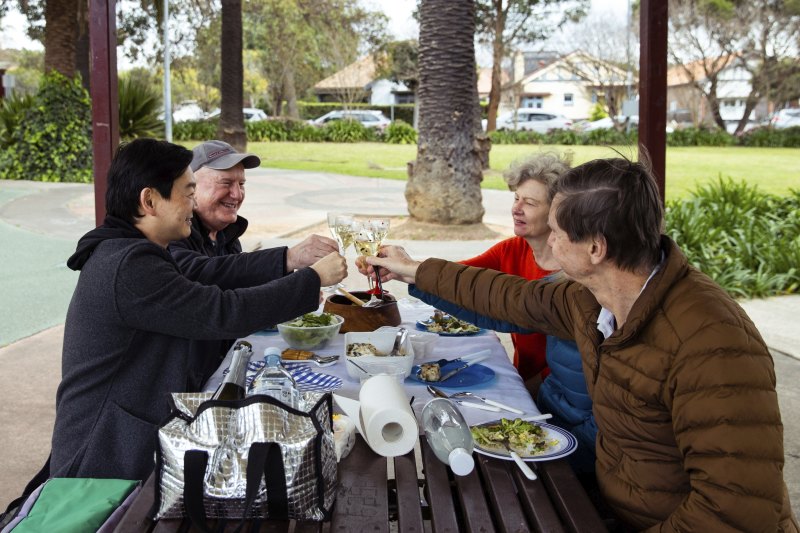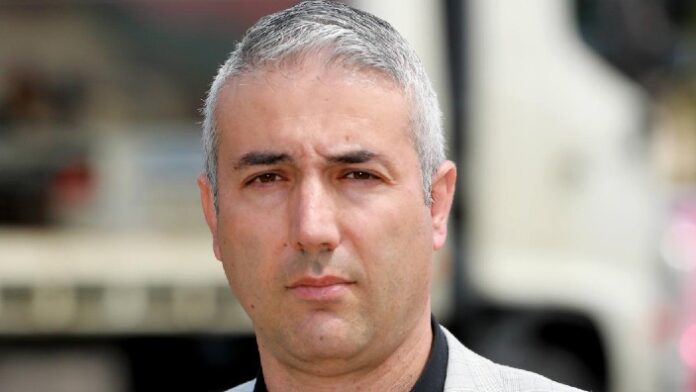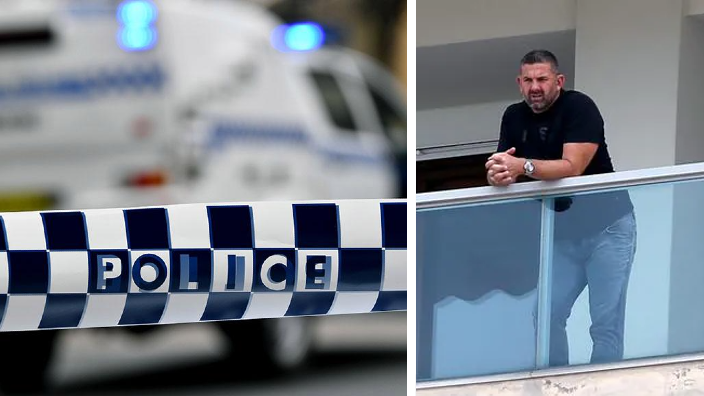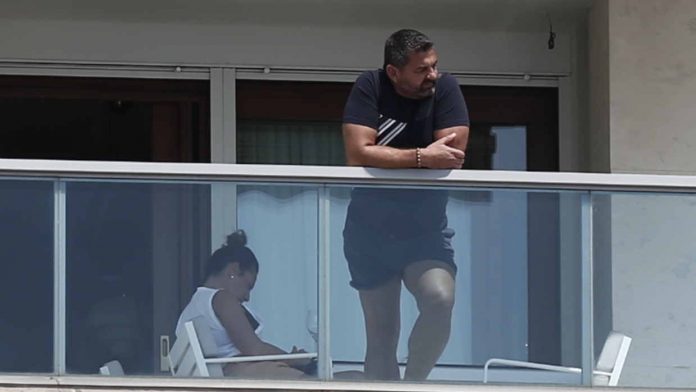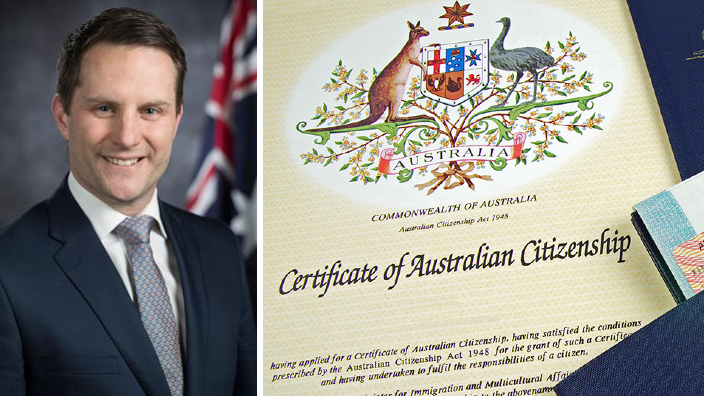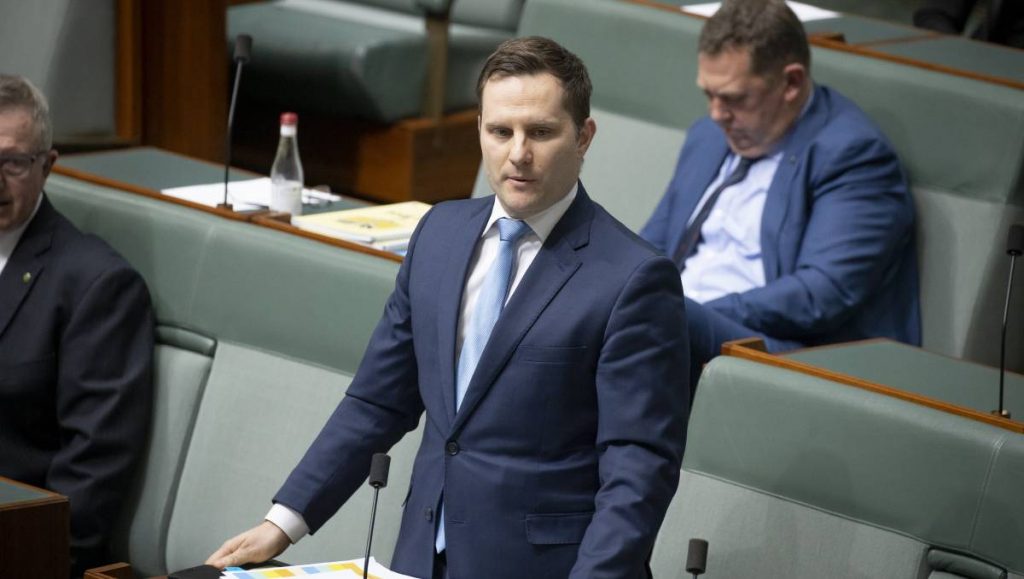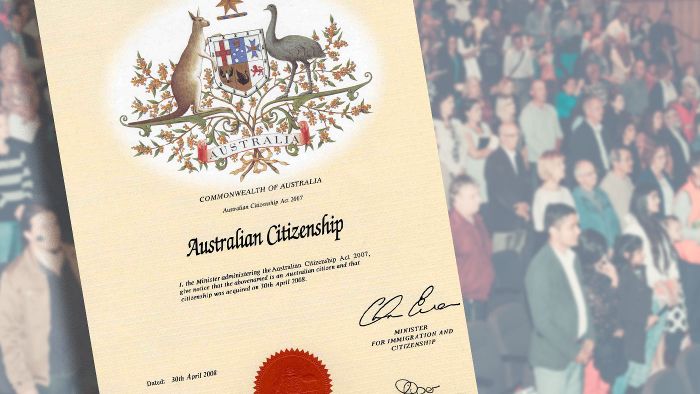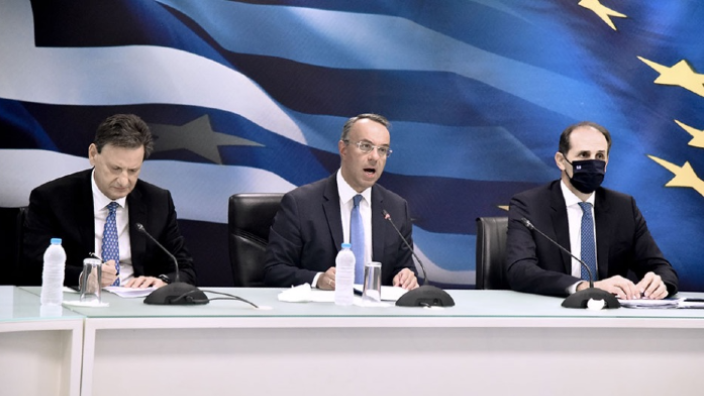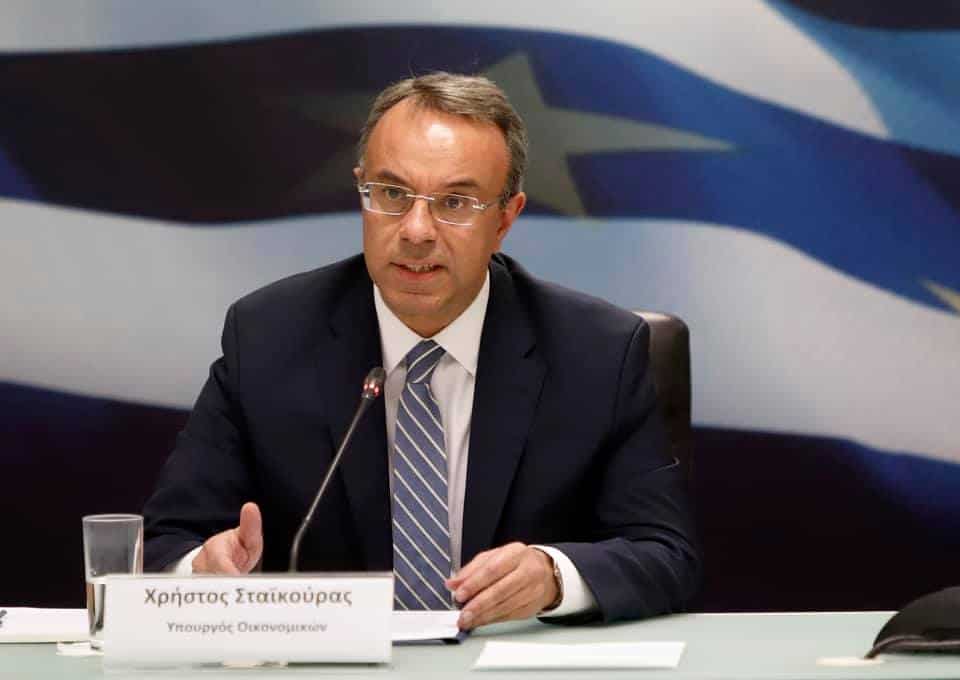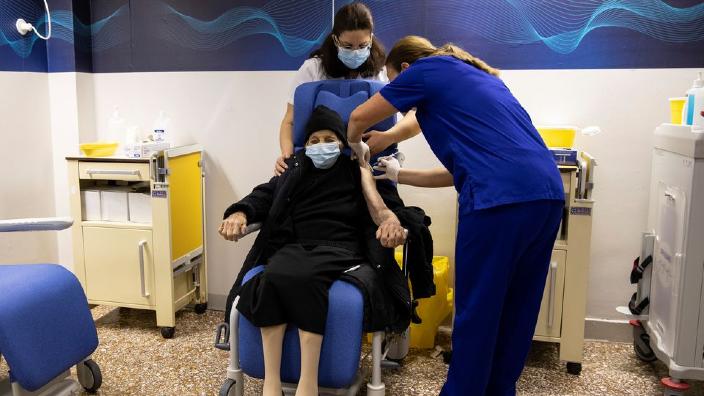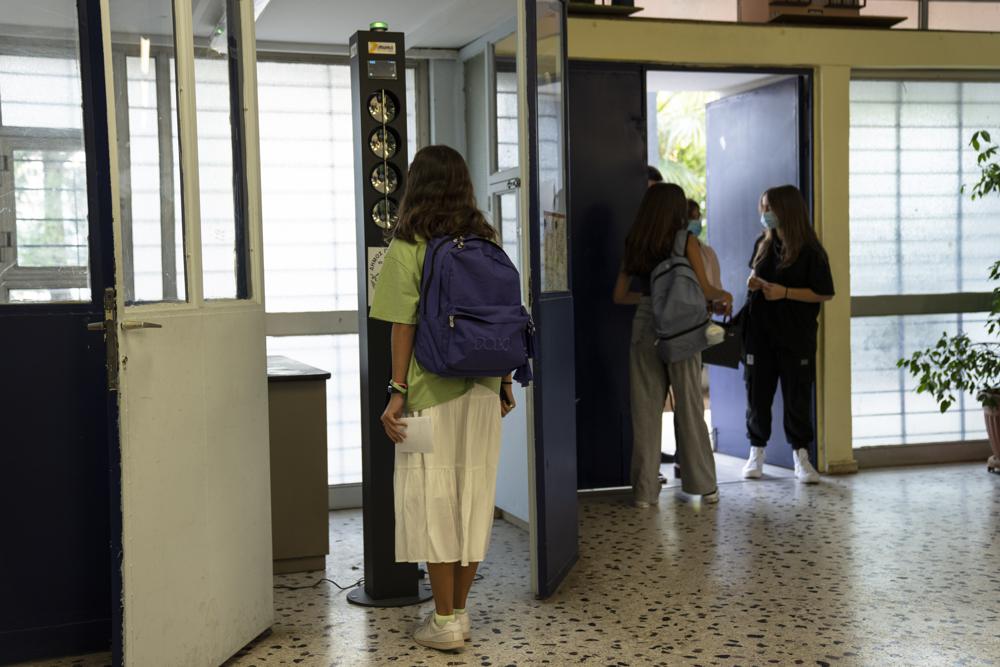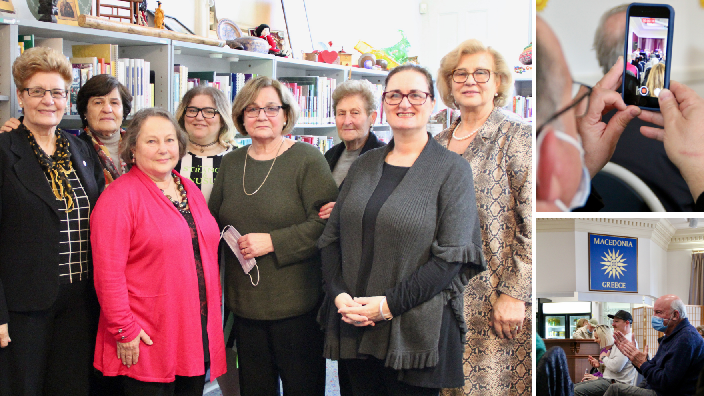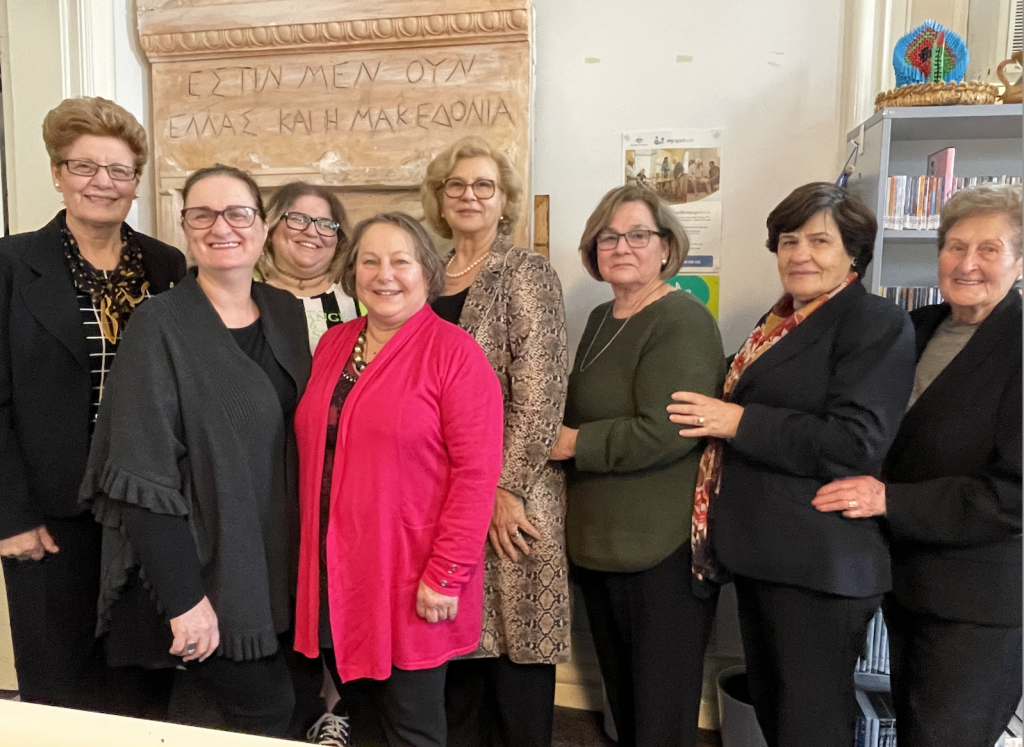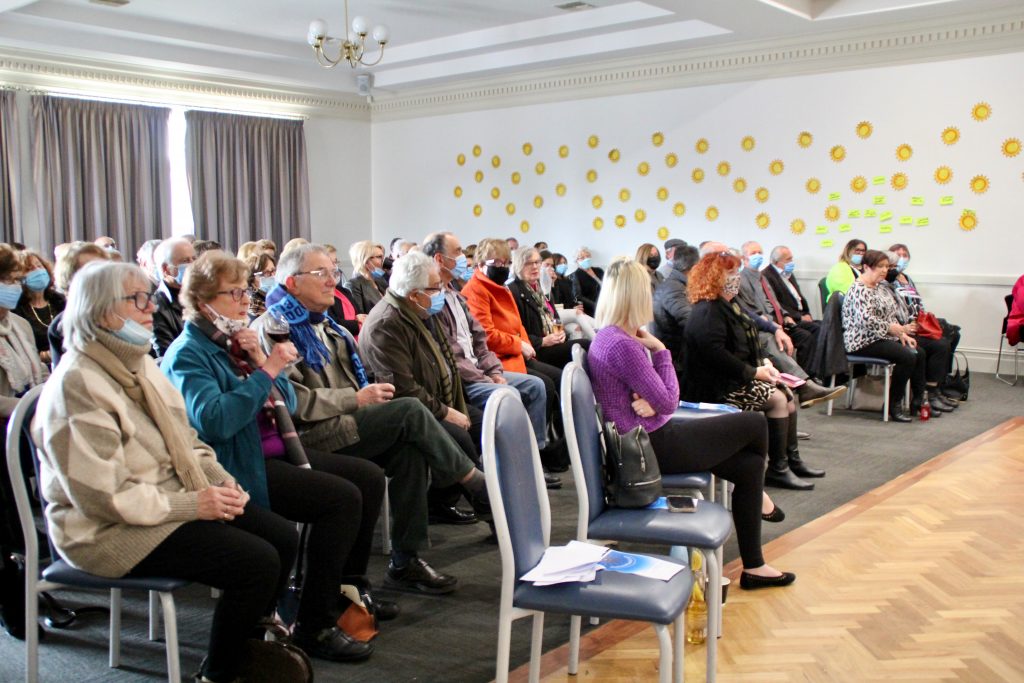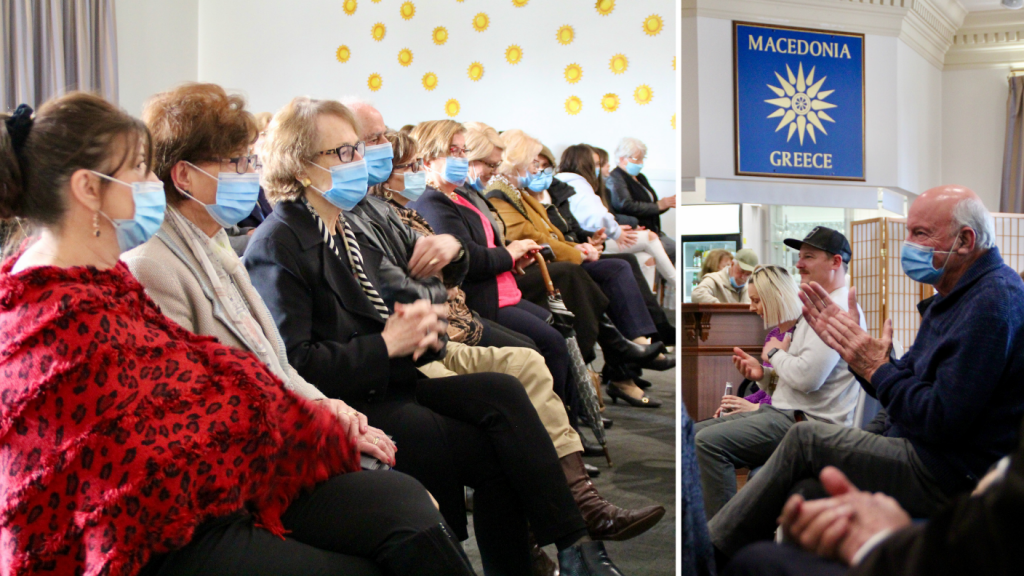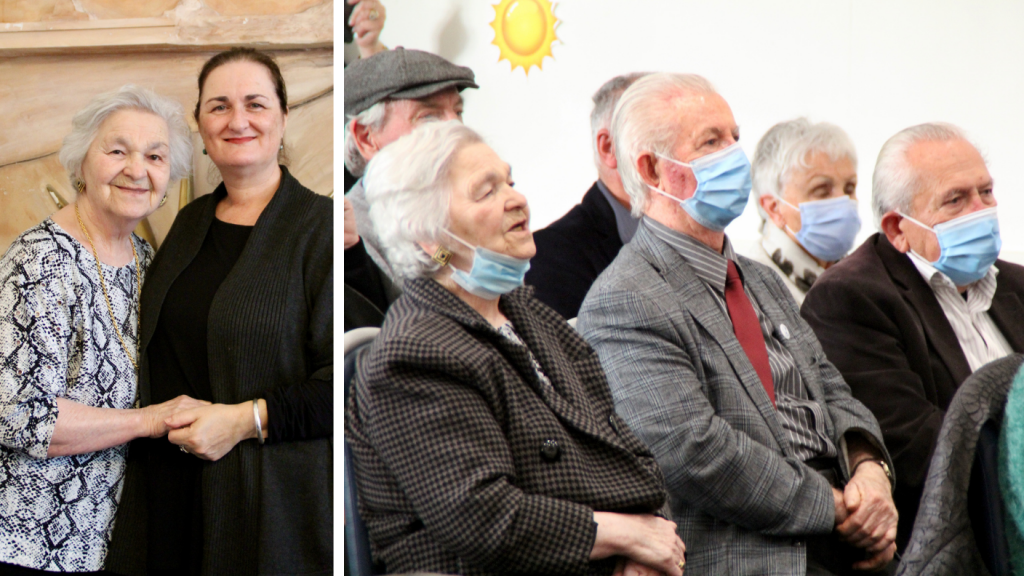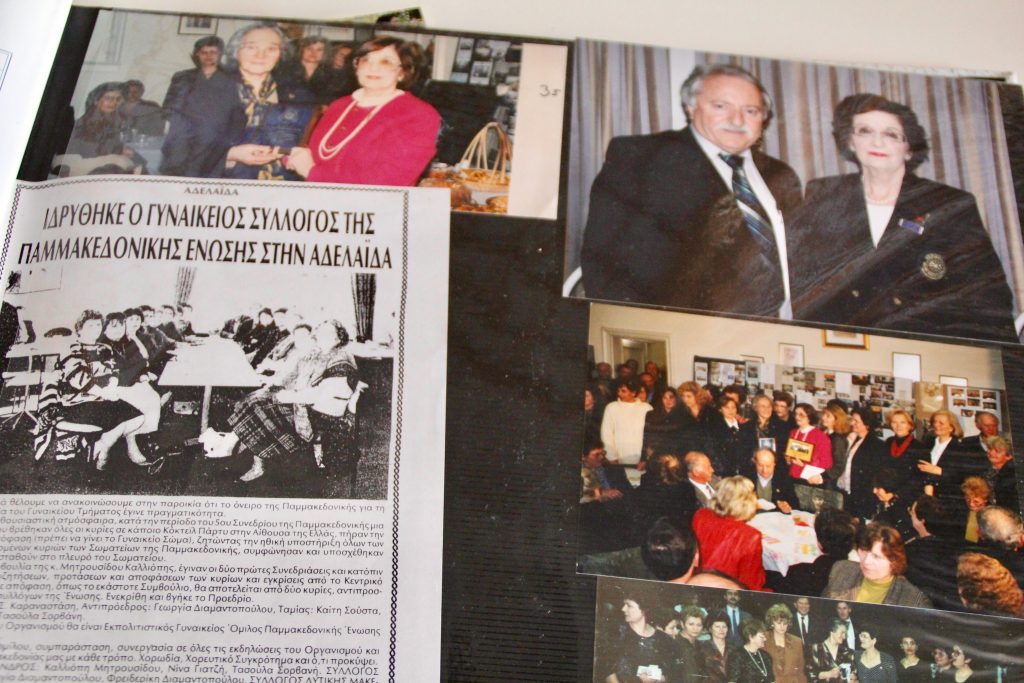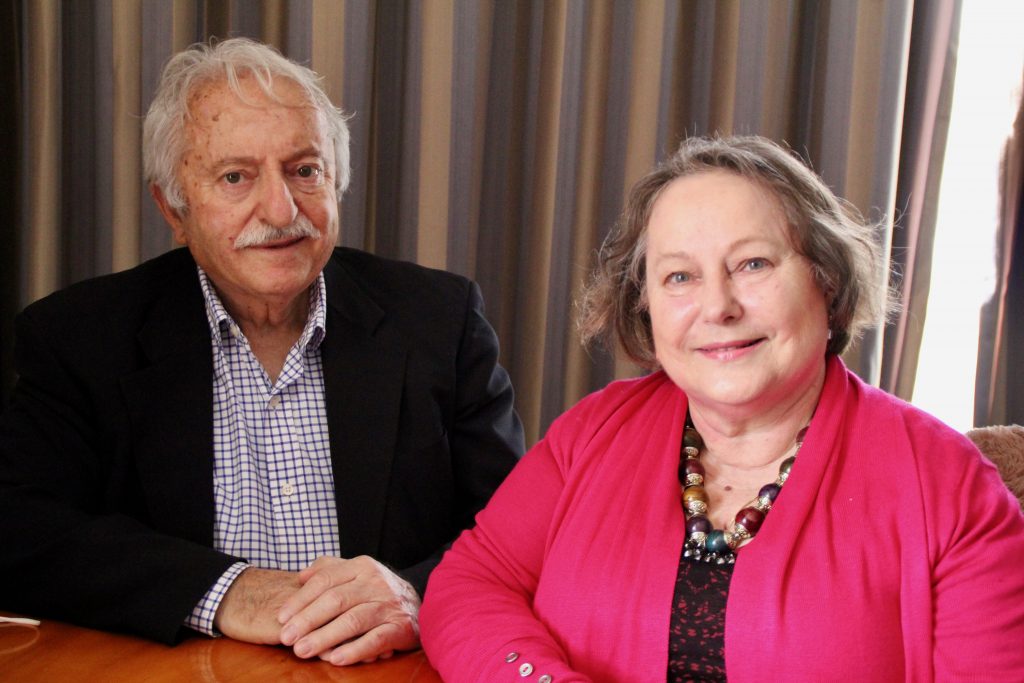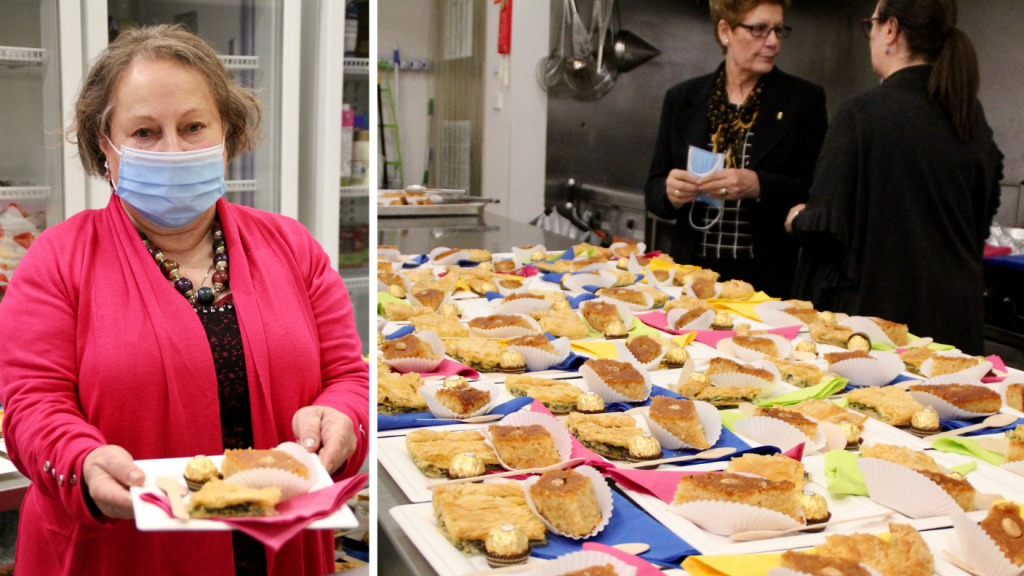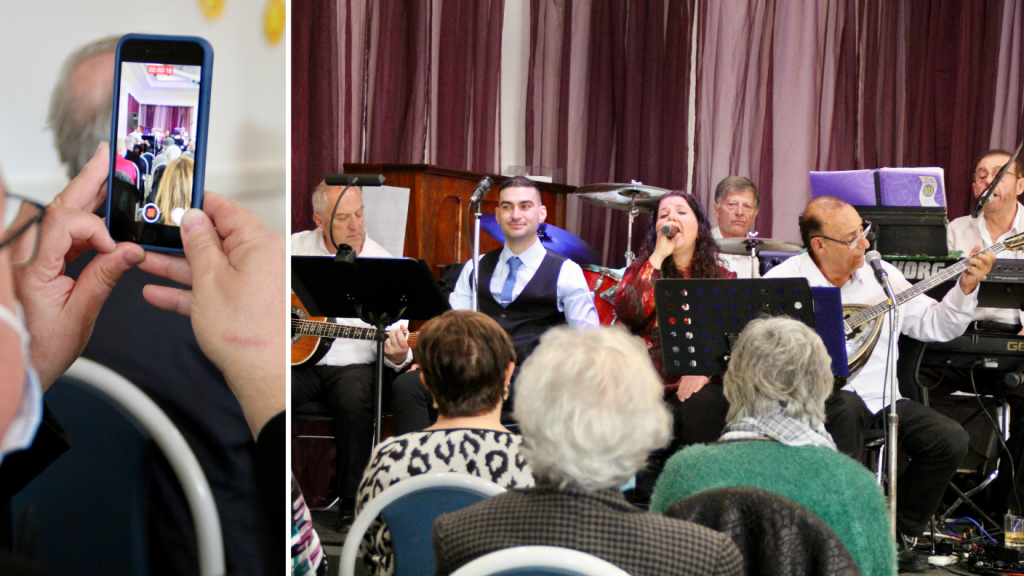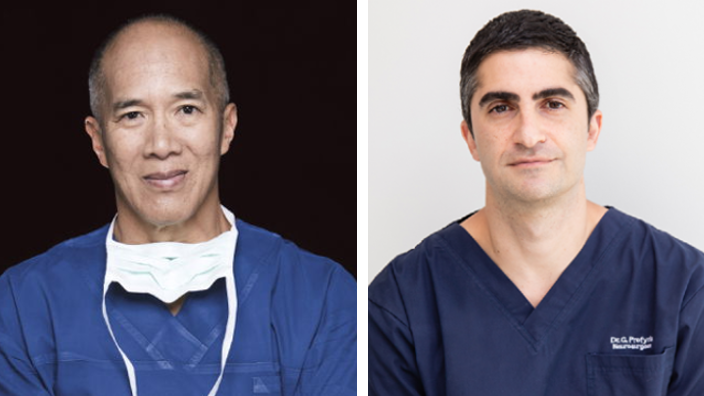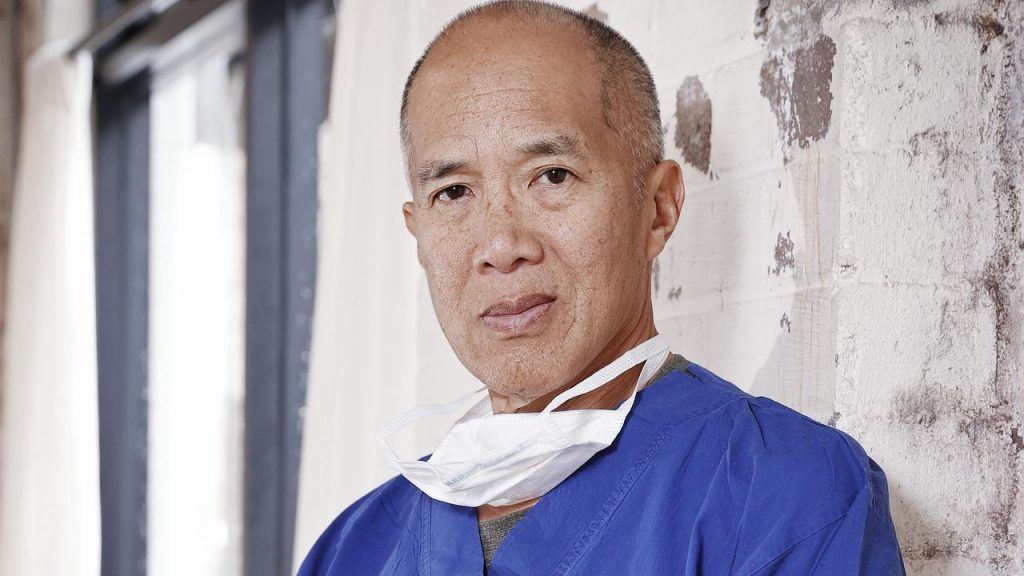The generosity of the South Australian community is once again on display after more than $30,000 was raised to support the purchase of medical equipment for the Aglaia Kyriakou Childrens Hospital as part of the Australian Hellenic Medical Charity Inc (AHMCI) Gala Night.
The event, held on Friday September 10, at the Adelaide Pavilion began with the necessary introductions from journalist Matthew Pantelis who served as the MC for the evening and was attended by 190 guests and dignitaries including South Australia’s Chief Justice and Patron of AHMCI Chris Kourakis, Commissioner for Mental Health John Mannion and Priest of the Community and Parish of St. George Thebarton, Fr. Diogenis Patsouris.

“I am surprised that Kosta and the Committee are continuing with the same enthusiasm they started some years ago,” the organisation’s Patron Chris Kourakis said in his speech.
“Our work is very important…one day our children, grandchildren and their children will talk about the time when a few Greeks of the diaspora took on this task to keep the Greek spirit in Adelaide alive.”
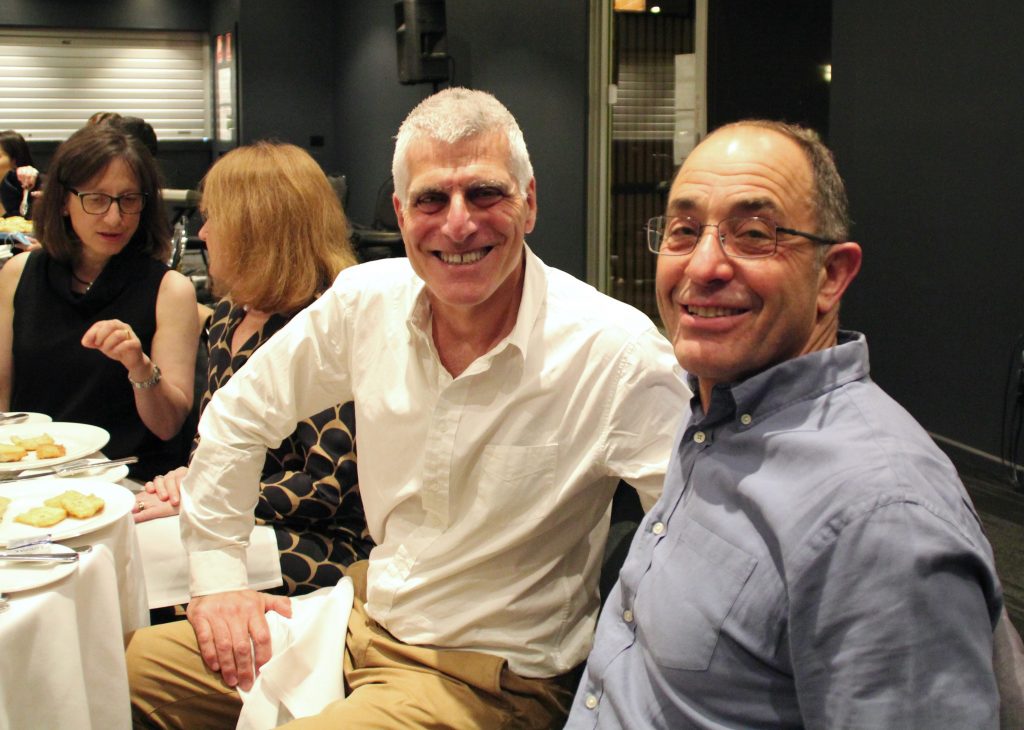
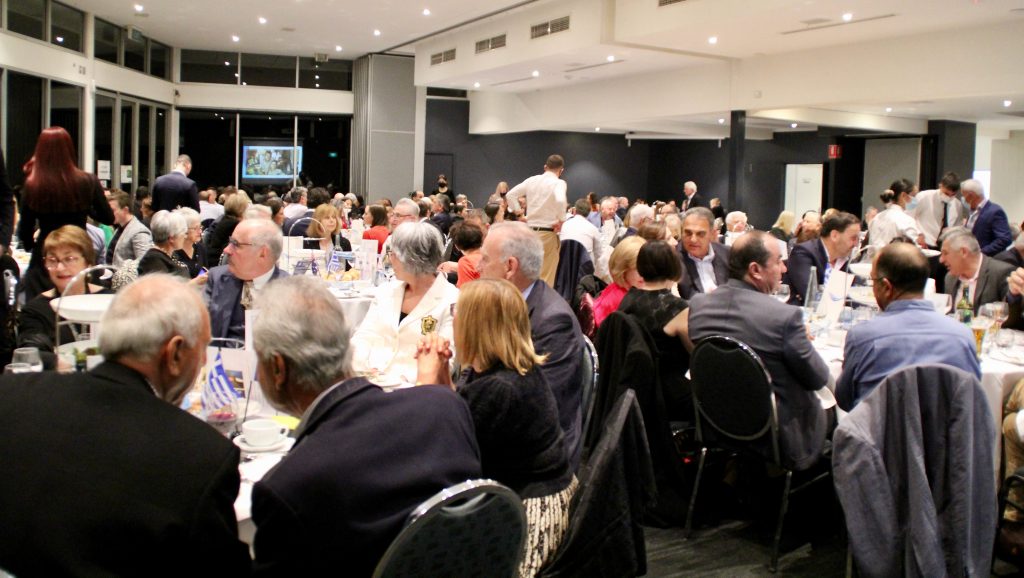
Since its beginnings in 2017, the charity has contributed more than $400,000 in support of hospitals across Greece with constrained budgets and in need of assistance.
“We would like to thank the people of SA for supporting this wonderful charity. It was a difficult event given the circumstances;” AHMCI President, Kostas Barkoukis, said.
“The foundation is honoured that we will be purchasing an endoscopy unit from local Australian suppliers, providing growth for the healthcare sector in SA and sending the medical products to the Aglaia Kyriakou Children’s hospital that relies on donations.”
“Thank you to our major sponsors and the board members. More specifically, to Vice President Connie Zisos for her crucial business strategies, Prof Andrea Evdokiou and Dr Andrew Zisos for their medical advice. To Tim Stivahtaris for offering his medical product knowledge and logistics, patron Chris Kourakis and Lukasz for their legal expertise and Despina Pastrikos who is our Treasurer and Financial Controller.”
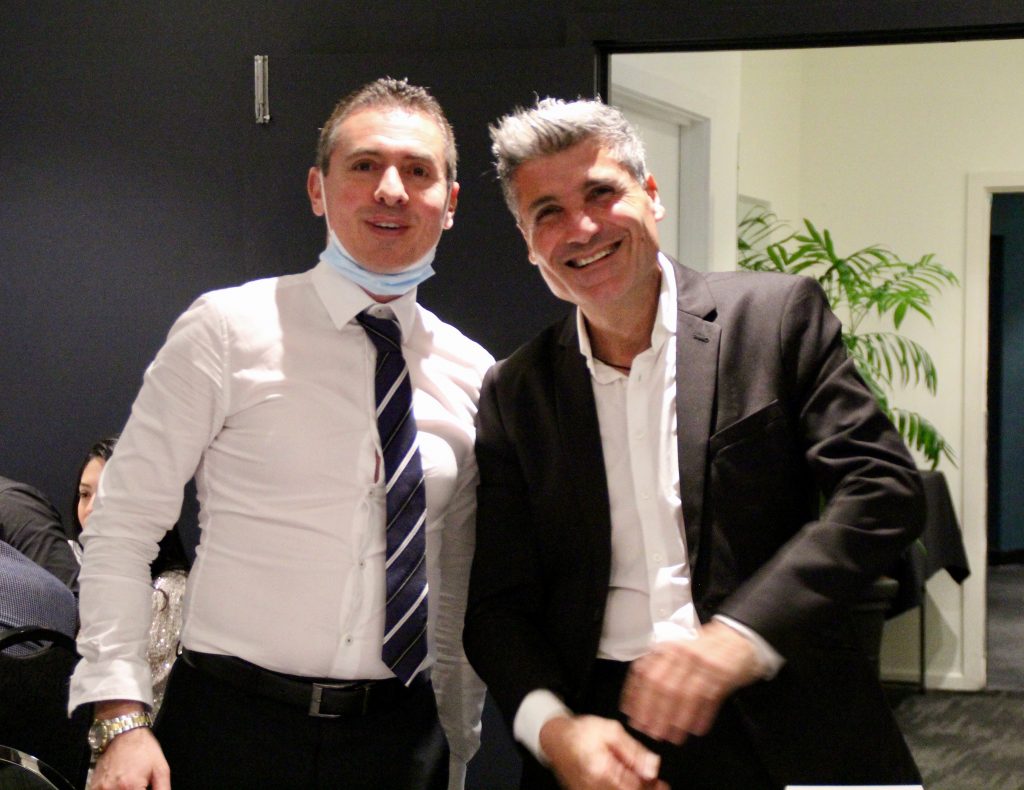
The Panagiotis and Aglaia Kyriakou Children’s Hospital is the second biggest paediatric hospital in Greece and along with the Athens Paediatric Hospital ‘Agia Sofia’ it covers the needs of the paediatric population of the whole country.
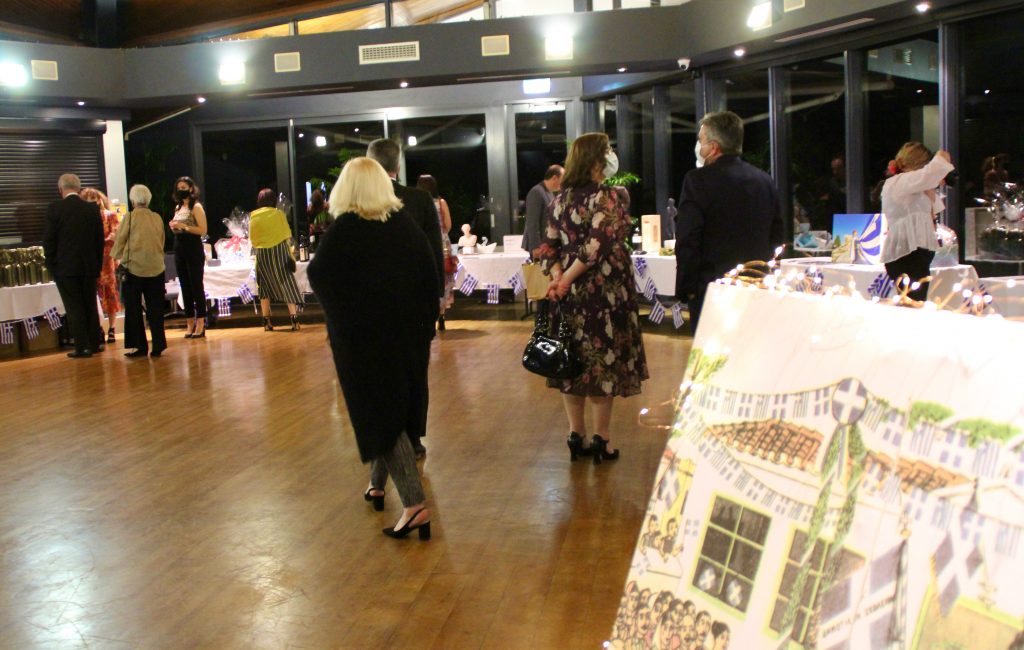
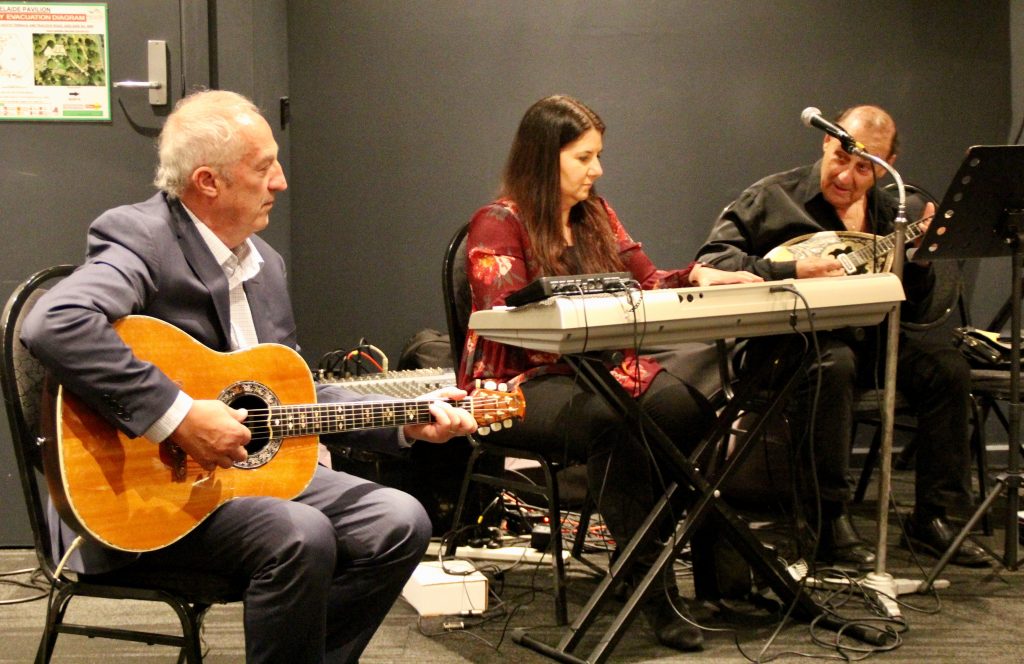
*The AHMCI board consists of the following members: Hon. Christo Kourakis (Patron), Kosta Barkoukis (President), Connie Loutas Zisos (Vice President), Lukasz Wyszynski (Secretary), Despina Pastrikos (Treasurer and Financial Controller), Prof. Andreas Evdokiou (Senior Medical Advisor), Sotos Philis (Senior Board Member), George Apostolou, Dr. Andrew Zisos, Tim Stivahtaris, Phillip Limberis.

